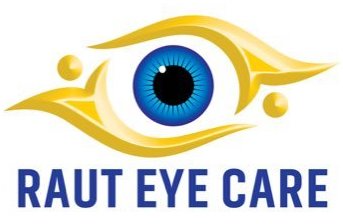
Glaucoma Screening is an important part of eye health care, and it is important to understand what it is and why it is important. Here is a list of points to explain to your patient about glaucoma screening:Glaucoma is an eye condition where increased pressure in the eye damages the optic nerve.
Glaucoma screening is an eye exam where your eye doctor checks for signs of increased pressure in the eye and possible damage to the optic nerve.During glaucoma screening, your eye doctor will measure the pressure in your eye, check your vision, and examine the optic nerve for signs of damage.
Glaucoma screening is important because it can detect glaucoma early, before you begin to notice any symptoms.Early detection and treatment of glaucoma can help prevent vision loss.
Risk factors for glaucoma include age, family history, and certain medical conditions like diabetes.Glaucoma screening is usually performed during a regular eye exam, but your eye doctor may recommend more frequent screenings if you are at higher risk for glaucoma.
During glaucoma screening, your eye doctor may use a variety of tests and procedures to assess your eye health, such as visual field tests, dilated eye exams, and imaging tests like OCT.






